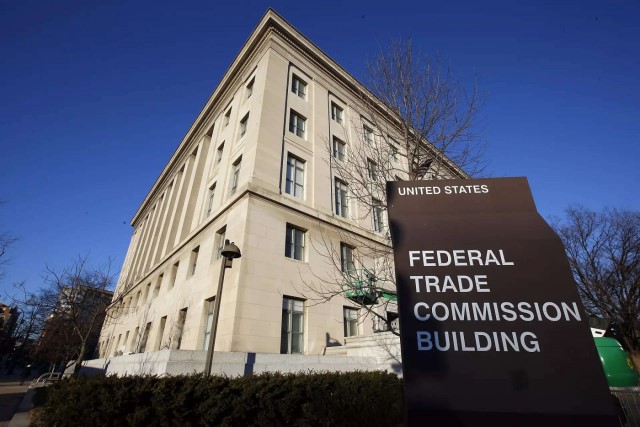NEW YORK: The FTC has accused Brigit, also known as Bridge It, Inc., of violating the FTC Act and the Restore Online Shoppers’ Confidence Act (ROSCA) by making false promises targeting consumers living paycheck-to-paycheck and failing to deliver cash advances as advertised. The complaint alleges that Brigit advertised its cash advance service online, through social media, and through broadcast ads with claims that customers who subscribed to the company’s service would have access to “instant” cash advances of up to $250 “whenever they needed it,” and could cancel anytime. However, consumers were rarely able to get an advance for the promised $250, and in many cases, consumers were not able to receive a cash advance at all.
Despite Brigit’s promises that advances would be available with “free instant transfers,” the complaint notes that the company began charging consumers a 99-cent fee for an instant transfer. Consumers who did not pay the fee had to wait up to three business days for their advances. In addition, the complaint charges that while Brigit claimed to offer “non-recourse” advances with no fees or interest, the company prevented consumers who had an open advance from canceling their subscription and continued to withdraw $9.99 monthly from their bank account until the advance was paid off.
The proposed settlement order, which must be approved by a federal judge before it can go into effect, would require Brigit to pay $18 million to the FTC to be used to provide refunds to consumers. In addition, the order would prohibit Brigit from misleading consumers about how much money is available through their advances, how fast the money would be available, any fees associated with delivery, and consumers’ ability to cancel their service. The order would also require the company to make clear disclosures about its subscription products and provide a simple mechanism for consumers to cancel.
“Brigit trapped those consumers least able to afford it into monthly membership plans they struggled to escape from,” said Sam Levine, Director of the FTC’s Bureau of Consumer Protection. “Companies that offer cash advances and other alternative financial products have to play by the same rules as other businesses or face potential action by the FTC.”
The Commission voted to authorize the staff to file the complaint and the stipulated final order was 3-0. The FTC filed the complaint and final order in the U.S. District Court for the Southern District of New York.
Overall, the FTC’s action against Brigit serves as a reminder to companies offering alternative financial products to be transparent and truthful in their marketing promises and to provide clear mechanisms for consumers to cancel their services.

